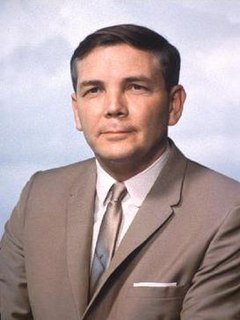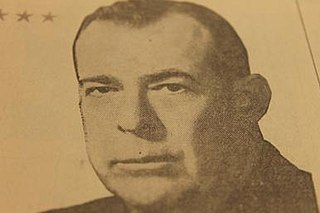It is proposed that this article be deleted because of the following concern:
If you can address this concern by improving, copyediting, sourcing, renaming, or merging the page, please edit this page and do so. You may remove this message if you improve the article or otherwise object to deletion for any reason. Although not required, you are encouraged to explain why you object to the deletion, either in your edit summary or on the talk page. If this template is removed, do not replace it . The article may be deleted if this message remains in place for seven days, i.e., after 23:26, 14 November 2020 (UTC). Nominator: Please consider notifying the author/project: {{subst:proposed deletion notify |Darrell Glascock|concern=Has not demonstrated notability per WP:N since about 2012, doubtful that such demonstration is possible.}} ~~~~ |
This article has multiple issues. Please help improve it or discuss these issues on the talk page . (Learn how and when to remove these template messages) (Learn how and when to remove this template message)
|
Darrell Glascock (1946-12/26/2016) [1] is a US media consultant who once challenged Bill Clinton to a drug test. [2]
He specializes in politics and crisis management. He recently told the Arkansas Democrat Gazette that he began his foray in politics in 1960, at the age of 14 speaking on the stump for Louisiana State Senator Speedy O. Long (Long would later become a US Congressman from Louisiana). He followed this by being an advance man for John McKeithen's successful campaign for Louisiana Governor in 1964. Glascock worked as an intern in the governor's office during McKeithen's first term and in 1968 formed his own public relations firm. In 1972, he was appointed Clerk of the Louisiana State Senate's Judiciary B Committee and served in that capacity until 1976.
In 1976, he joined the Wallace for President campaign staff as an advance man. After Wallace dropped out of the presidential race, Glascock went to work for the Republican Party and was assigned to developing a voter identification program in Arkansas. In late 1976 he was hired by Fairfield Communities to develop and implement a public relations campaign for Fairfield Bay, Arkansas, a community being developed by Fairfield. He started the Fairfield Bay News, (a weekly tabloid newspaper), KFFB FM Radio Station, and a cable system for the community during his tenure. Glascock was a key operative in John Connally's 1980 presidential bid. He served on the Arkansas State Tourism Development Foundations Board and was Secretary of the Van Buren County Public Facilities Board. In 1983 he left Fairfield Communities and formed Commercial South, a public relations and real estate marketing firm located in North Little Rock, Arkansas.
While running Commercial South, Glascock began representing Pulaski County Sheriff Tommy Robinson. In early 1984 he convinced Robinson to run for Congress. Robinson was successful and Glascock served as Robinson's Chief of Staff during his first term in office. He was appointed 1st Assistant Secretary of State for Louisiana in 1989. He left after one year and returned to his media-consulting firm that operated in Washington, D.C. and Little Rock, Arkansas. His firm specializes in crisis management and turnaround projects for business clients. His clients range from individuals to Fortune 500 companies. The political side of the firm is unique because it is non-partisan and manages ten or more races each year with about half being Republican and half Democratic. This was demonstrated in 1986 when Glascock managed two divergent candidates in one year. In the Democratic primary, he managed the near-successful bid of State Senator Jim Wood of Tupelo (Jackson County), who nearly ousted then-Representative Bill Alexander. In that same year, he managed the comeback bid of Former Republican Governor Frank White, who lost to incumbent Democratic Governor Bill Clinton by almost a two-to-one margin. In 1988, he challenged Alexander in the Democratic primary, but lost 56–44 percent. He ran for lieutenant governor in 1990, but ran fourth in the ten-man Democratic primary, which was won by Jim Guy Tucker. Tucker became governor when Bill Clinton resigned to assume the office of president. In 1994, Glascock was elected as the nominee for state auditor in the Republican primary, but lost to Democrat Gus Wingfield in the general election. (Mike Huckabee was the Republican nominee for lieutenant governor that year and was the only Republican to win a statewide race. Huckabee became governor when Jim Guy Tucker had to resign as a result of being indicted in the Whitewater investigation.)
Glascock has been heavily involved in Central and South America and worked with Adolfo Calero and the Contras after leaving Congress. He produced a best-selling documentary on the Nicaraguan revolution as part of the campaign to gain American support for a return to democracy in that county. A staunch conservative, Glascock is often critical of what he calls the "Right Wing Nuts" who promote themselves as leaders of the conservative movement.
Glascock currently has offices in the Washington, D.C. area; North Little Rock, Arkansas; Pineville, Louisiana; and Bogotá, Colombia.












